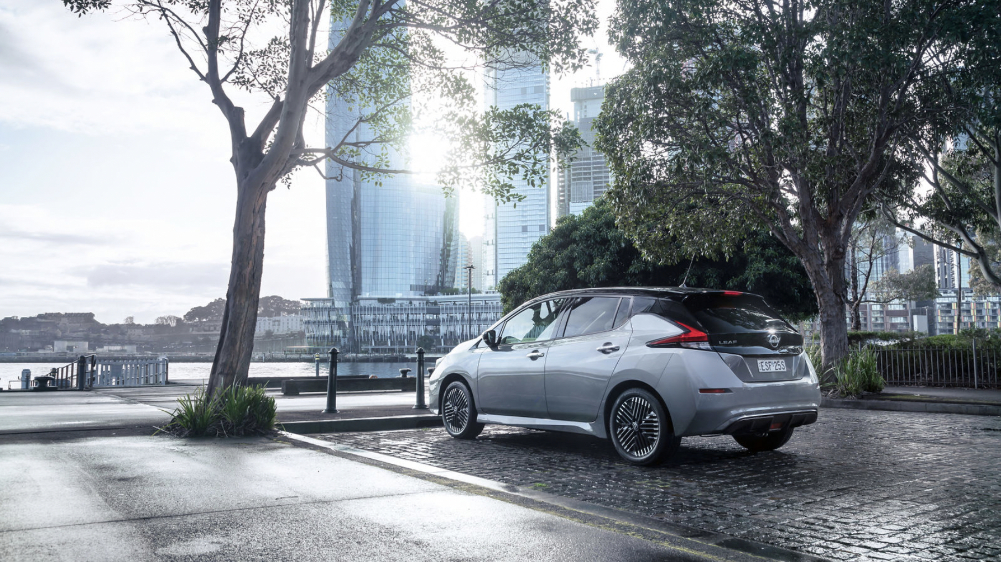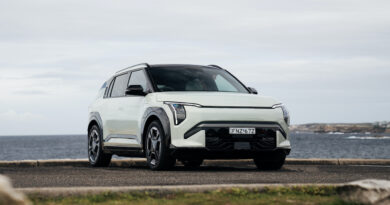Sydney to introduce zero-emission zones: EV or nothing in parts of the CBD
The NSW Government is poised to introduce new zero-emission zones across sectors of the CBD, with Planning Minister Rob Stokes suggesting that, without removing tailpipe emissions, the state will miss its net-zero economy by 2050 target.
The Net-Zero Cities action plan has been endorsed by the NSW government cabinet, and incudes transforming parts of the Central precinct, as well as Blackwattle Bay and Barangaroo. In fact, all government led urban projects would be defined as emissions-free spaces.
“Cities are the cause of so many of our problems, they also are the solutions to those problems,” Mr Stokes says.
“If we’re serious about achieving net zero in the next couple of decades, we can’t do that without focusing on the contribution of our cities.”
The plan, which appears far from finalised, is exploring options in removing emissions from our urban spaces. Key among them is encouraging car owners to leave their vehicle at home for shorter trips, and instead walk or cycle. According to the State Government, more than two-million car trips are less than two kilometres.
“If we can incentivise people to get out of their cars, and do those trips by walking or cycling, they’re going to actually save themselves significant sums of money, and it’s going to have a really positive net-zero impact as well,” Mr Stokes told the Sydney Morning Herald.
Other options include using bicycle couriers for package delivery in designated zones, and the use of tunnels to allow ICE vehicles to bypass emission-restricted areas. Captured heat from computers could be used to power these zones, while battery-powered drones are also being investigated as a freight delivery option.
Without making these changes, Sydney risks falling behind other global cities – like London, for example – where zero-emission zones are already place. There is, however, no word yet on exactly when these changes might take effect.
“We will simply get left behind. We would be making a conscious decision to not aspire to be a global city, and we would be falling into the ranks of ordinary provincial cities that slowly get left behind in comfortable somnolence,” Mr Stokes says.




